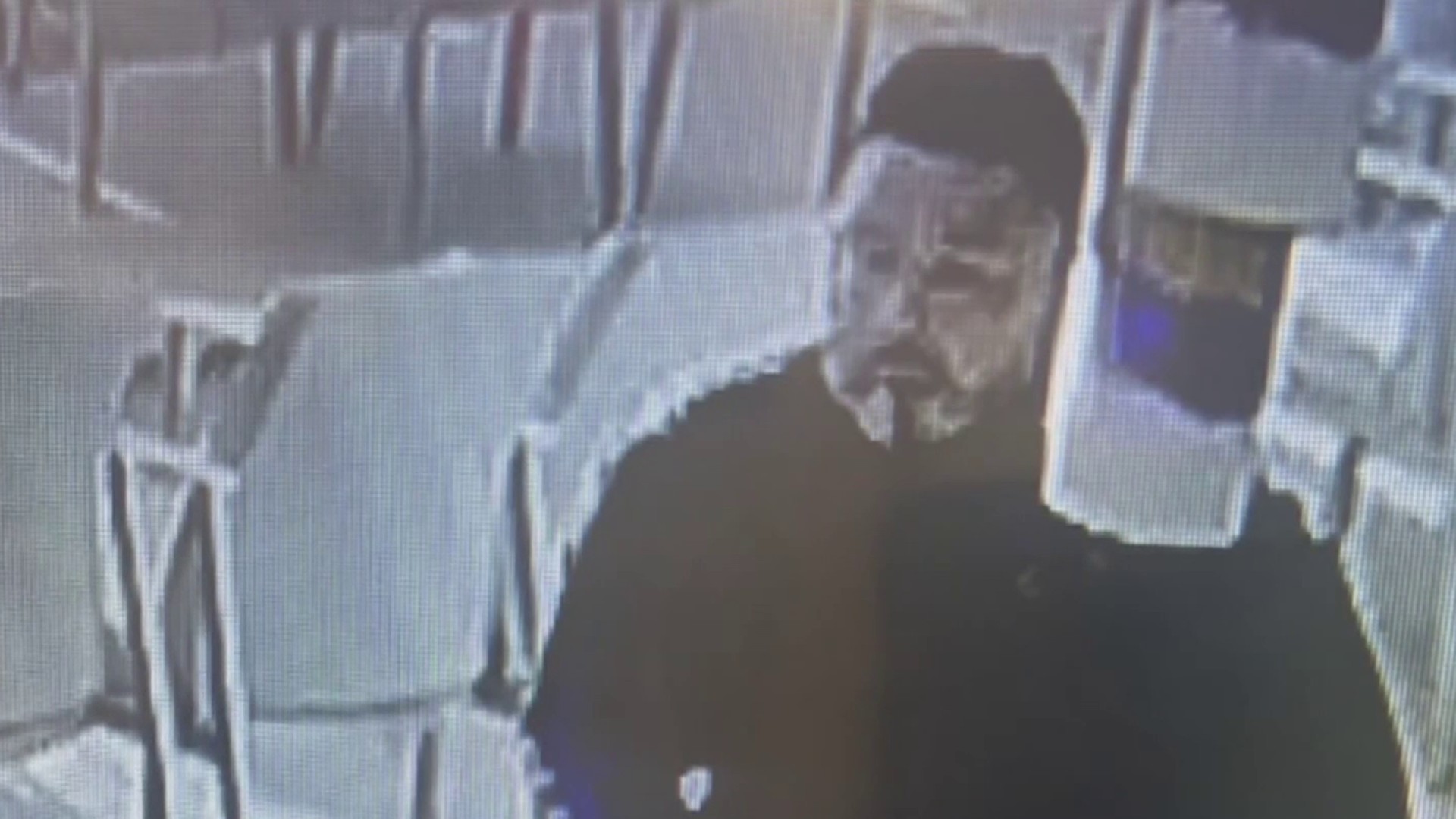Some people incarcerated in Maryland’s prisons may have a chance to have their sentences reduced through a bill being considered now.
The Second Look Act would allow younger offenders who have served at least 20 years in prison to ask to judge to release them.
Stream NBC4 newscasts for free right here, right now.
The bill has sparked heated debate in Annapolis.
“Second Look is not a get-out-of-jail free card. It is an assessment of the merit of the petition,” one person said in testimony.
We have the news you need to know to start your day. Sign up for the First & 4Most morning newsletter — delivered to your inbox daily.
“To me, it’s just insane. Where’s my second chance,” another said.
Deborah Haskins has had two family members die in violent attacks and is a volunteer with a coalition formed to fight for the legislation. She said she believes in redemption.
“I do believe that everybody has the capability to become a better person, even when they end up in places like prison,” she said.
Local
Washington, D.C., Maryland and Virginia local news, events and information
The Second Look Act applies to inmates who committed crimes when they were 18 to 25 and have served at least 20 years. They cannot have received a sentence of life without parole or have been sex offenders. Anyone who killed a first responder in the line of duty also would be ineligible.
Gale Seaton, whose daughter Stacey was murdered in Prince George’s County almost 20 years ago, is among the victims’ rights advocates who oppose the act.
“Anybody who is behind bars, incarcerated, especially for murder, has a lot of time on their hands to think, what can I do to get out?” she said.
Supporters of the bill point to the racial disparity in Maryland prisons.
African Americans make up 29% of the state population but account for 72% of the prison population, state statistics show.
“Because of the high number of African-Americans in particular who have been mass-incarcerated, many of these folks also were born into circumstances they didn’t ask for – poverty, trauma, et cetera,” Haskins said.
The bill cleared a key Senate vote Wednesday, with one amendment passing. It will return to the House for a vote because of that amendment, with just days left in the session.
Seaton is hoping it won’t pass.
“The families such as ourselves, we have to live with it. When do we get parole? When do we get a second chance?” she asked.
To earn their release, inmates would have to prove they’re no longer a danger to the community, show they’ve completed education and vocational programs, and demonstrate they have been rehabilitated.
Lawmakers say about 350 inmates could ask for release if the act passes.
The Sentencing Project says D.C., 13 states and the federal government have passed second-look reforms.



